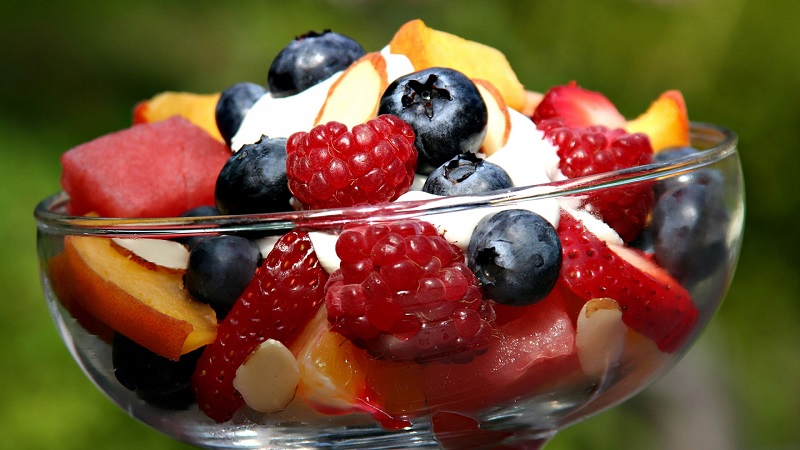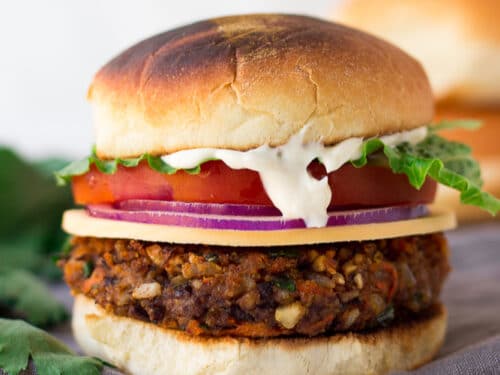These days, it seems like everyone and their dog is labelling their diet; paleo, keto, pescetarian, gluten-free, vegan, the list goes on…
The nutrition world is filled with so much noise, with so many strong opinions, “quick fixes,” conflicting research, and products. When we’re desperate for weight loss, we often end up overwhelmed, exhausted, and giving up, especially when we don’t get the results we expected or find it too difficult to stick to.
The War on Carbs
 Lately, carbs have been labelled as the enemy, with low-carb and no-carb diets becoming incredibly popular. On the extreme end, the ketogenic diet limits carbohydrates so much (less than 20 grams per day) that the body turns to fat at its primary energy source. When the fat is broken down, a by-product is ketones, hence the name of the diet.
Lately, carbs have been labelled as the enemy, with low-carb and no-carb diets becoming incredibly popular. On the extreme end, the ketogenic diet limits carbohydrates so much (less than 20 grams per day) that the body turns to fat at its primary energy source. When the fat is broken down, a by-product is ketones, hence the name of the diet.
Sugar is being shunned too, but not just the processed kind found in junk food and sweets, the kind found in fruits and even vegetables! Many have claimed that the sugar found in a chocolate bar is no different than the sugar found in an apple, so they should be treated equally (hint: not true, at all).
Some diets encourage a low intake of carbs, and a high intake of protein or a high intake of fat. There are several types of these diets, but for this article, I’ll focus on just general low carb diets.
Restriction
Any type of low carb diet forces you to cut out a large amount of foods. You’ll say no to the obvious sources like pasta, bread, and soda, as well as the healthier sources such as fruit, potatoes, oats, rice, quinoa, and more. Cutting these out not only restricts the amount of nutrition you can receive from them (potatoes are surprisingly nutritious and healthy), but you’re also restricting what you can eat.
This type of restriction is usually difficult to maintain, especially for drivers, making your meal choices limited whether you’re at home, at a restaurant, or on the road. This leads to an unhealthy relationship with food and distress around choosing what to eat, as you may feel strong cravings for foods that you miss, like your favourite pasta, but feel as though you can never have it without gaining weight.
Health vs Weight Loss
It’s important to think about your long term goals when choosing how to eat; instead of focusing only on the weight that you want to lose immediately, remember to think about how you want to feel in 10, 20, or even 30 years.
These types of diets don’t necessarily encourage good health, especially long-term health. For example, the ketogenic diet can yield rapid weight loss results (including water loss, fat loss, and even muscle loss in some people), but discourages eating almost all fruit, some of the most important foods on the planet.
Social media has heavily promoted the ketogenic diet as being a pass to eat as much cheese, butter, and bacon as one would like – all foods that can cause a variety health issues down the road. Of course, there are “healthier” ways to go about the keto diet, but even the healthiest form of the diet can still cause hormone shifts, liver, gallbladder, and kidney issues, and more.
Some diets were designed for very specific health reasons, such as the gluten-free diet or dairy-free diet, where people cannot properly digest these foods. In these instances, cutting out those foods is not only wise but is necessary, and can certainly lead to better health in many people. However, that doesn’t mean cutting out all carbs is necessary, just the ones containing gluten or dairy.
Recommendations
Before resorting to extreme and potentially unhealthy measures such as a low carb diet or the ketogenic diet, spend some time cleaning up your diet in a healthy way with the tips below.
- Don’t restrict yourself to a diet label or set of rules.
- Eat a moderate amount of carbs from nutritious sources, like fruit & vegetables, including white and sweet potatoes, beans and legumes, lentils, oats, rice, quinoa, etc.
- Watch your portions. Portion control is crucial when trying to lose weight.
- Eat more fruits and vegetables, which are high in nutrients and low in calories, naturally helping you to fill up and slim down
- Cook more food yourself
- Eat less processed, packaged foods (this includes most protein shakes, bars, etc)
- Drink water, herbal tea, fresh juices, sparkling water, coffee (1-2 per day)
- Avoid foods that give you issues, such as grains, gluten, or dairy. Experiment to find what does and does not work for you.
- Enjoy treats and your favourite foods in moderation. You’re not swearing off cheese or french fries forever… you will have them again, just maybe not today!
Finally, have reasonable expectations and understand that weight loss happens over time, not overnight. You can and will get the results that you want, as long as you take care of your health along the way, which means enjoying healthy carbs in addition to other unprocessed foods.






Leave A Comment